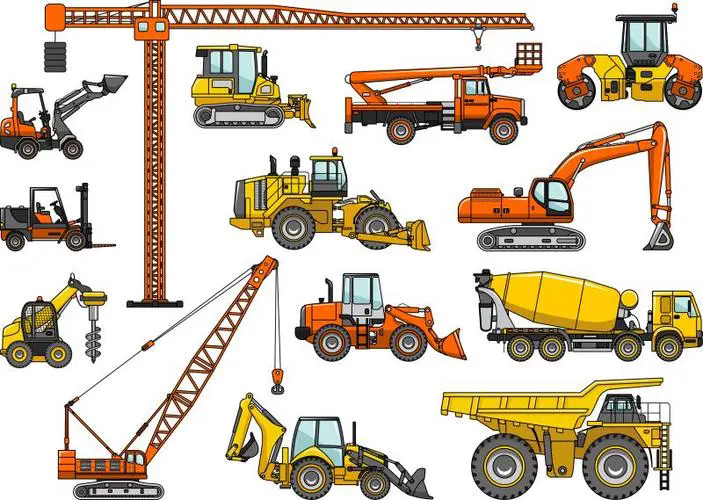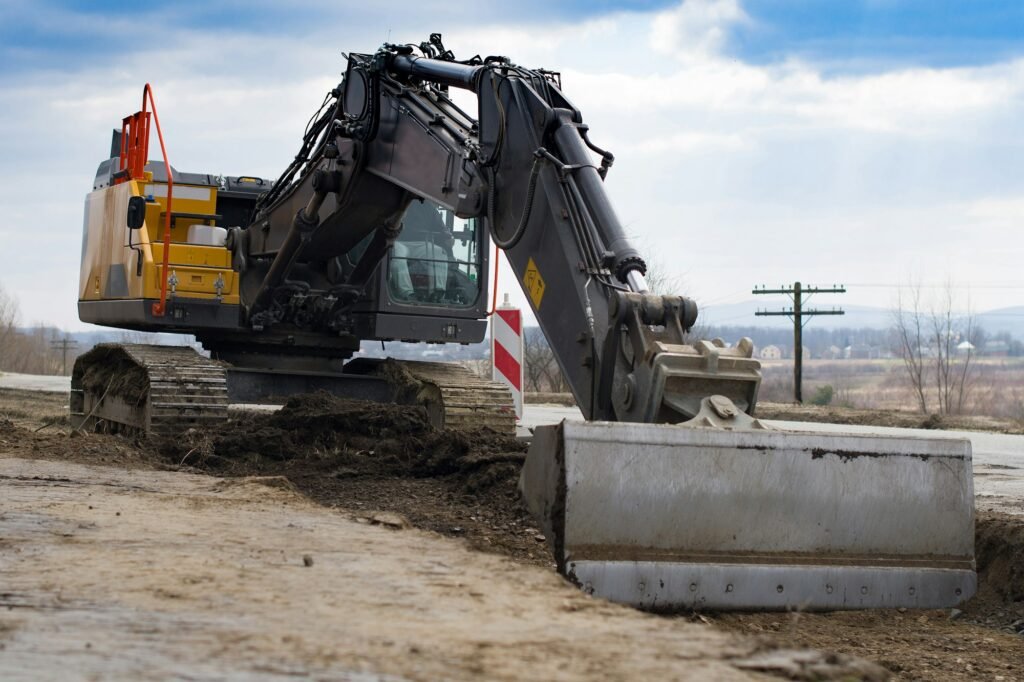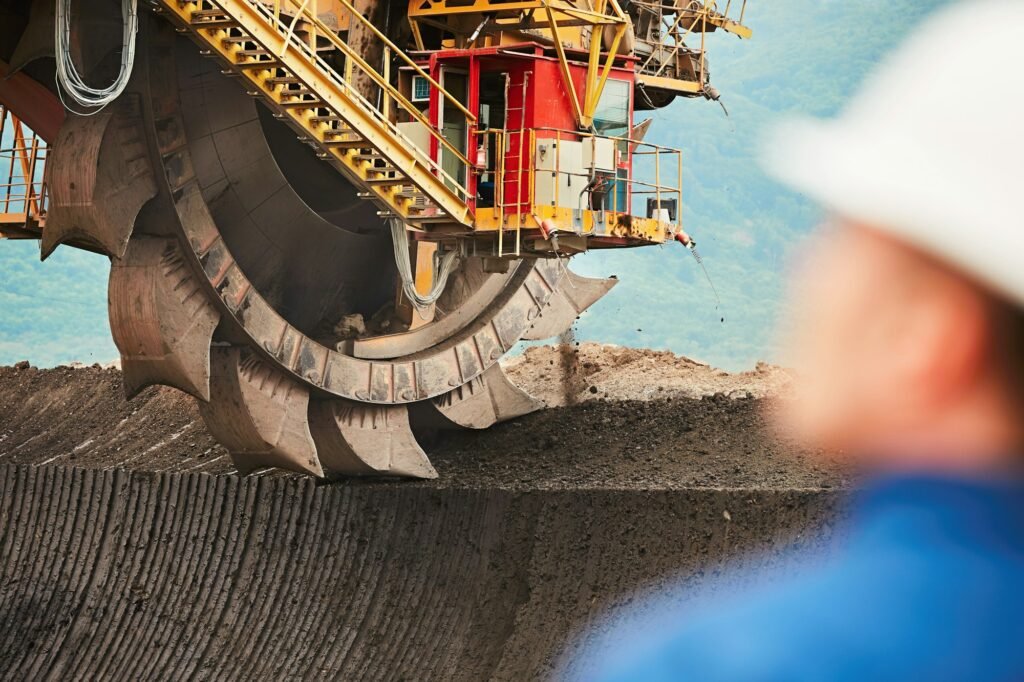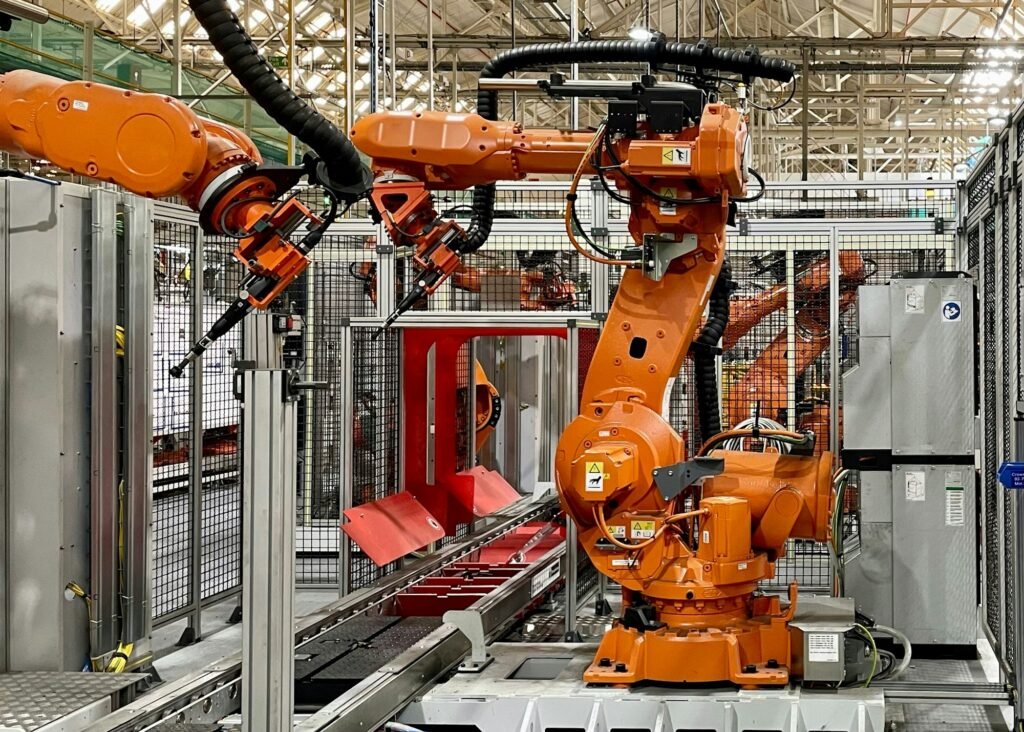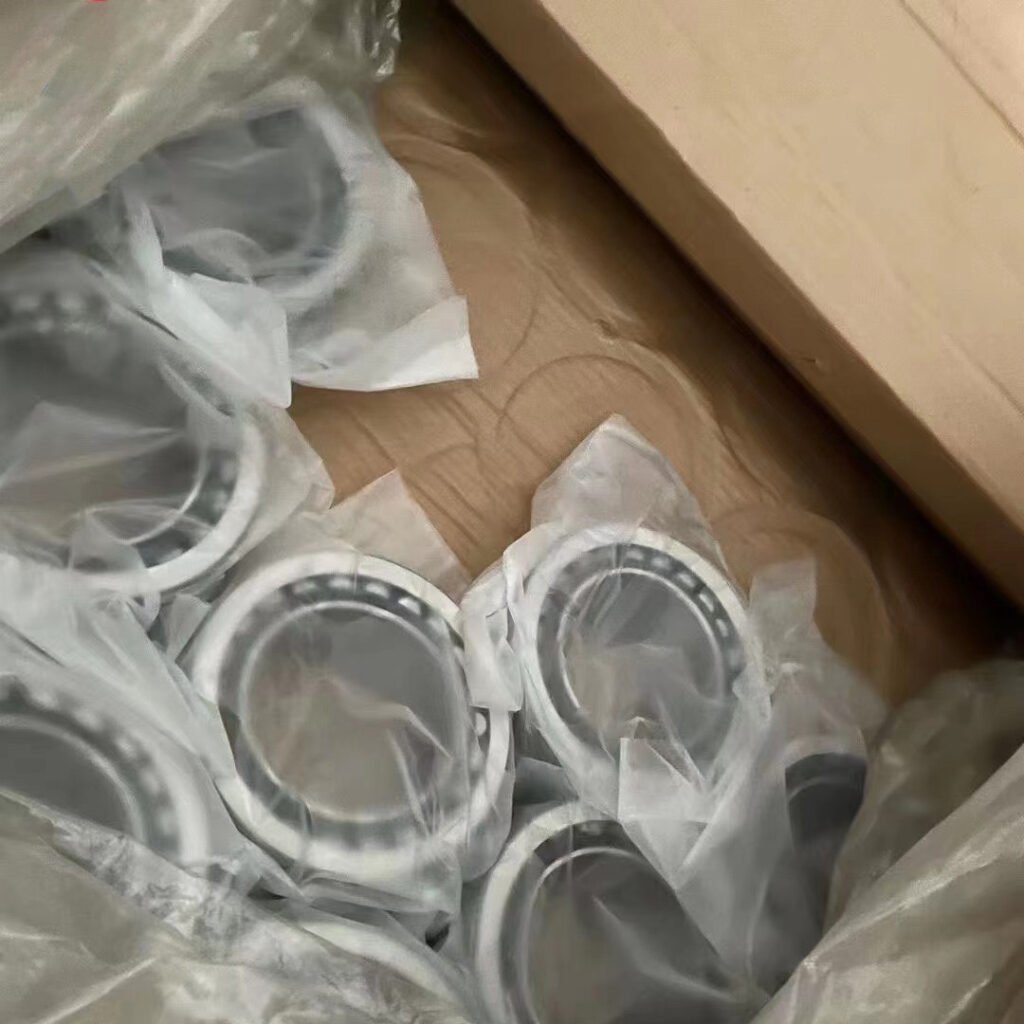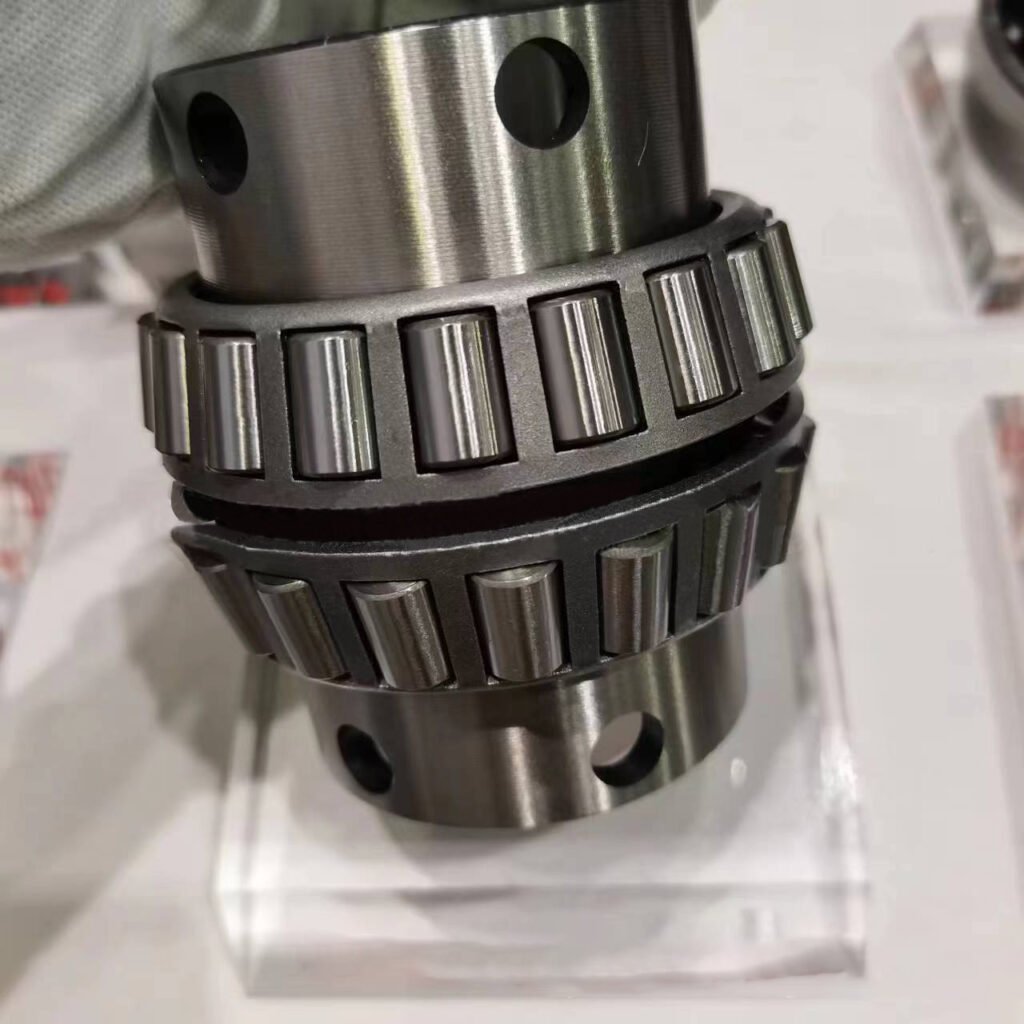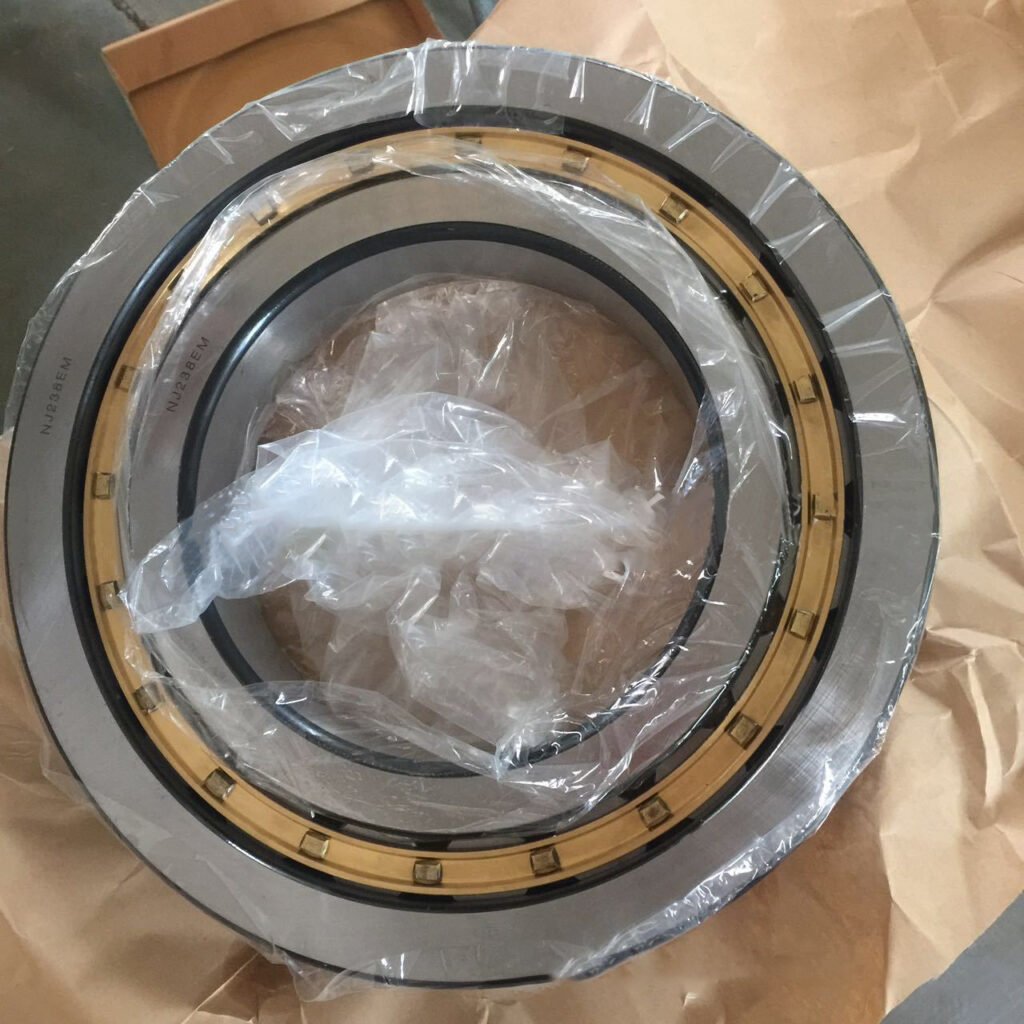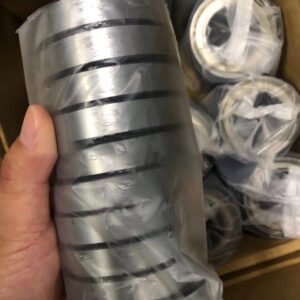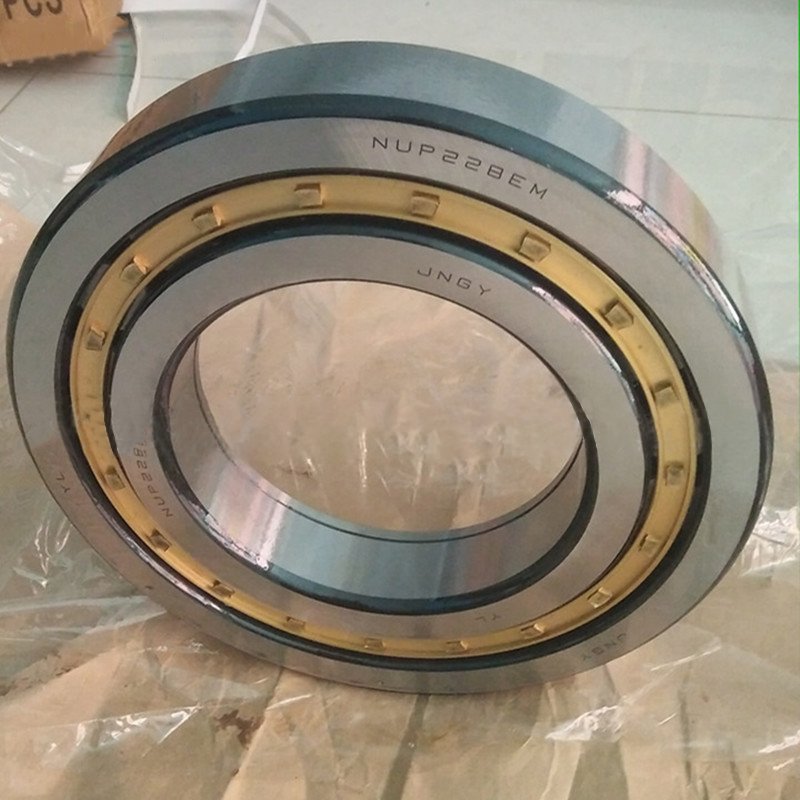As a bearing application engineer, I’ve worked closely with compressor manufacturers, MRO professionals, and bearing distributors to ensure optimal bearing performance in some of the most demanding industrial conditions. Compressors—whether used in refrigeration, HVAC, pneumatic systems, or industrial air compression—place unique and critical demands on their bearings.
In this article, I’ll walk you through the key performance requirements of compressor bearings and how we assess their quality to meet OEM and end-user expectations.

Why Compressor Bearings Are Critical
In compressors, bearings support the shaft, minimize rotational friction, and handle complex loading under continuous or cyclic operating conditions. Unlike general machinery bearings, compressor bearings must operate under high temperatures, pressure differentials, fluctuating speeds, and often limited lubrication conditions.
If the bearing fails—even slightly—the compressor can suffer from decreased efficiency, shaft misalignment, increased vibration, or even catastrophic failure.
Key Requirements for Compressor Bearings
1. High Load Capacity (Both Radial and Axial)
Compressors typically subject bearings to unbalanced loads from pistons, rotors, or scroll elements. The bearing must handle dynamic radial and axial loads without fatigue.
I always recommend bearings with optimized internal geometry and increased raceway hardness for durability under such stress.
2. Dimensional and Rotational Precision
Precision classes (e.g., P5, P4) are vital for maintaining tight shaft tolerances, reducing vibration, and ensuring long service life.
- For rotary screw compressors, I typically specify P5 or better for shaft bearings.
- In scroll and centrifugal compressors, high-speed stability demands P4 class bearings with controlled runout and raceway roundness.
3. High-Speed Capability
Centrifugal and scroll compressors operate at very high RPMs. Bearings must be balanced, lightweight (where needed), and low-friction to support this.
- I often recommend ceramic hybrid bearings or high-speed deep groove ball bearings with special cage designs for such applications.
4. Thermal Stability and Heat Resistance
Bearings must withstand high temperatures without degradation in geometry or lubrication.
- We use high-temperature greases, phenolic or steel cages, and sometimes ceramic balls in high-temp zones.
5. Corrosion Resistance (For Refrigerant Compressors)
In refrigerant compressors, the bearings may be exposed to chemically aggressive environments, such as ammonia or hydrofluorocarbons.
- For these, I specify stainless steel bearings or those with anti-corrosion coatings (e.g., Durotect, black oxide).
6. Lubrication Compatibility
Bearings must be compatible with the compressor’s lubricant system, whether it’s oil-injected, oil-free, or grease-lubricated.
- Grease life and compatibility with refrigerants is a critical factor I always double-check when making recommendations.
Common Bearing Types in Compressors
| Compressor Type | Key Bearing Requirements | Common Bearings Used |
| Piston Compressor | High radial load capacity, fatigue resistance, moderate axial load handling, cost-effective | Cylindrical roller bearings, deep groove ball bearings |
| Scroll Compressor | High speed capability, low noise, precise axial positioning, compatibility with refrigerants | Angular contact ball bearings, hybrid ceramic bearings |
| Rotary Screw Compressor | High radial and axial load capacity, dimensional stability, long service life under pressure | Cylindrical roller bearings, tapered roller bearings |
| Centrifugal Compressor | Very high speed rating, low friction, thermal stability, minimal vibration and noise | Precision angular contact ball bearings, ceramic hybrid bearings |
How I Judge Bearing Quality Standards
To evaluate a compressor bearing’s quality, I use a combination of manufacturing inspection, certification, and performance testing:
- ✅ 1. Dimensional and Geometric Accuracy (ISO/ABEC Grades)
We measure roundness, runout, bore, and outside diameter tolerance. Higher ABEC or ISO grades indicate better stability at high speed.
- ✅ 2. Material Quality and Heat Treatment
I inspect metallurgical reports to verify cleanliness, grain structure, and hardness consistency—key to fatigue life.
- ✅ 3. Noise and Vibration Testing
Especially critical in HVAC or medical-grade compressors, we run noise analysis tests to detect surface waviness, contamination, or internal flaws.
- ✅ 4. Cage Material and Design Review
Poor cage design leads to heat buildup and cage instability. I confirm whether the cage can withstand the intended RPM and lubrication type.
- ✅ 5. Lubrication Life and Grease Compatibility
In grease-lubricated compressors, we test grease leakage, oxidation resistance, and base oil separation under thermal cycling.
- ✅ 6. Certification and Traceability
I always require ISO 9001/14001 production traceability and, for OEM contracts, PPAP documentation. In some markets, CE or RoHS compliance is also necessary.
Final Advice for Distributors and Buyers
When sourcing or selling compressor bearings, it’s not just about the bearing type—it’s about matching the bearing to the operational environment and verifying quality beyond surface appearance. Here’s my checklist:
- Request detailed specs and test reports.
- Understand the compressor type and lubrication system.
- Never assume two identical-looking bearings are functionally equal.
- Prioritize precision, thermal resistance, and traceability.
If you’re a wholesaler or distributor, positioning yourself as a technically knowledgeable supplier will boost customer trust and reduce warranty claims. And if you’re an end-user, never underestimate how a few microns of runout or a poorly matched lubricant can affect your compressor’s efficiency and lifespan.

